Upcoming Events
Sherlock's Genealogical Adventures
Follow Sherlock on his adventures into genealogical mysteries.
3 minutes reading time
(661 words)
Using Indexes To Find Misspellings For Research
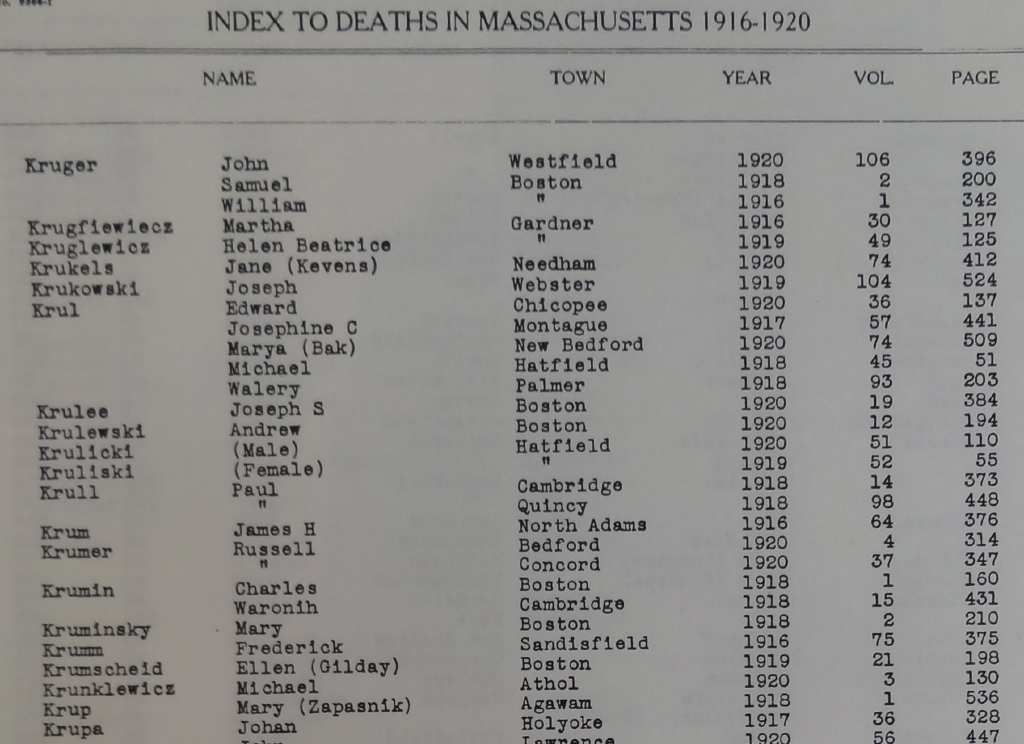 Online documents are great, but if you don't know how the name was spelled, how can you search online? Online databases are indexed by human beings, not some magical force. People come from all number of countries and differences in their languages introduce spelling variations in official documents in addition to the indexes that are created for online research. Reading handwriting is an art not a science and is prone to errors. So how do you know if your search in online databases is producing the results you are looking for. Short answer is, that you don't know. You can use wildcards to search, but even those are limited in providing the correct results. A wildcard is a character that may be substituted for any of a defined subset of all possible characters.
Online documents are great, but if you don't know how the name was spelled, how can you search online? Online databases are indexed by human beings, not some magical force. People come from all number of countries and differences in their languages introduce spelling variations in official documents in addition to the indexes that are created for online research. Reading handwriting is an art not a science and is prone to errors. So how do you know if your search in online databases is producing the results you are looking for. Short answer is, that you don't know. You can use wildcards to search, but even those are limited in providing the correct results. A wildcard is a character that may be substituted for any of a defined subset of all possible characters. This is where physically being at a repository can help. Using the physical index can help find those misspellings for you, but you still have to look for them. Some online databases include images of the physical index, so see if they are available. I find that if I can easily get to the repository, I prefer to looking through the hardcopy of the index, but if not possible, I will use an online version. If you are looking for a family name that comes from another country, you will have to educate yourself on how that name sounds in its native tongue. It must be mentioned that even if a name may be English sounding and you think that there should not be errors, think again! Humans do make mistakes. We are not perfect.
Although some online databases use English speakers to index records, there are some that do not. Some of the big companies use nonnative speakers such as people from India & China to do that work for them as their labor rates are low. There is a price to be paid for this as they may not be as quick to recognize a name that would otherwise be recognized by a native speaker and the results are a pathetic disformation of a name.
Once you have the index in front of you, make note of every name you THINK that sounds close and write these down in a list. The next step would be to check the documents that correspond to what is listed in the index. By looking at the document you may be able to determine if this is in fact something you were looking for or not. If you determine that it is someone you are looking for, write down that name in a list of name misspellings to use for online research. Even if a document you see looks like it does not belong to your family, do not totally discount it, as you may later find it could be related to your family.
Some online databases also have a SOUNDEX search option. Soundex is a phonetic algorithm for indexing names by sound, as pronounced in English. You can use this option to help in your online research. Again, keep any possible misspellings in a list of names to search by, especially for those online databases that do not have a soundex option.
If you find a new misspelling, go back to any online database you have visited previously and perform a new search. You may find a new record that you had previously missed.
I would like to repeat - Keep a running list of all mispellings you encounter. You can also create a list with variations of all the mispellings you encounter so you can use that to expand your search. It would not be uncommon to discover that you will come up with a list 50 to 60 misspellings or variations. In some cases I have heard others say they they found over 100 variations in name spellings.
It may take time to look through all these names, but this may be one of your options to helping solve your mystery, especially when you have a brickwall,
Stay Informed
When you subscribe to the blog, we will send you an e-mail when there are new updates on the site so you wouldn't miss them.
Website by: Tim Firkowski
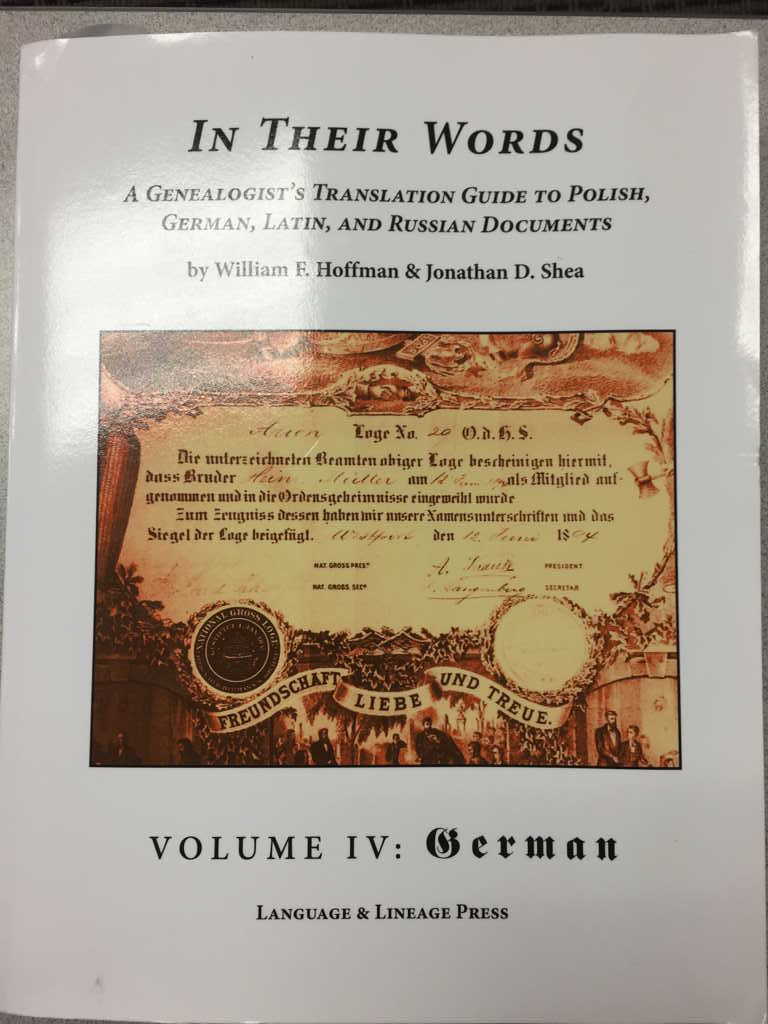
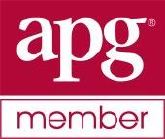
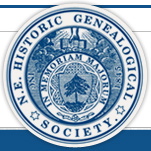
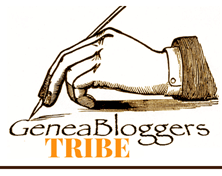
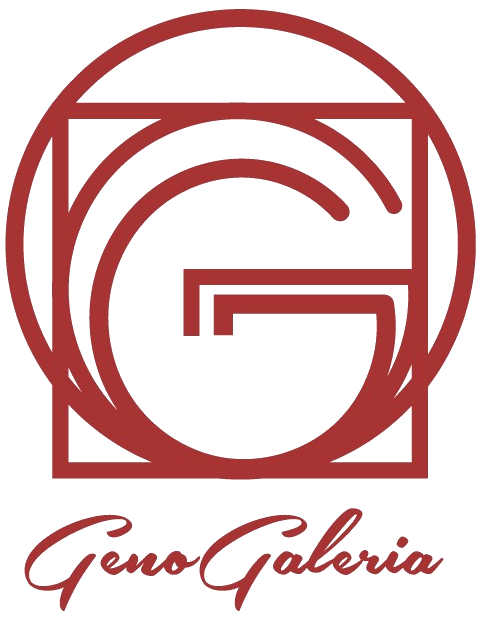


Comments